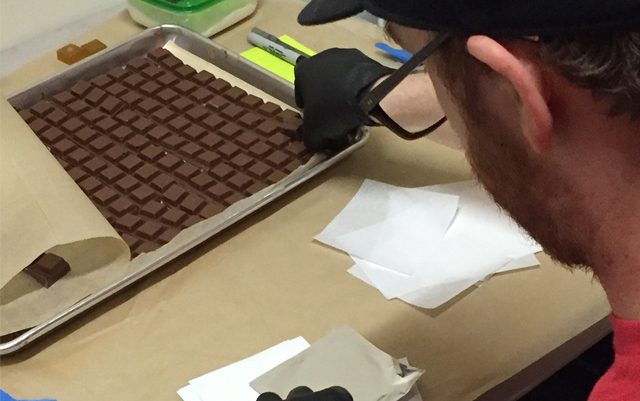One of the most difficult issues for states that have legalized recreational cannabis so far has been edibles – especially since they affect everyone differently, and the effects are generally slower to come on initially and then much more intense once they kick in. The concern that most people bring up regarding edibles is children. Cannabis edibles – like cookies, brownies, and gummies – are naturally in the form of things that appeal to children, and the concern for many is that when children see these edibles they won’t stop to question whether or not it is something safe for them to eat before they dive right in and start munching.
“A lot of them look like a regular package. We want it to be easily identified as a product containing marijuana,” Smith said.
While it’s ultimately the responsibility of the adult who cares for a child – or the adult responsible for the edibles, if that is not the same person – to keep such things out of their reach, another suggested solution is new packaging. Last summer, Washington announced that their new packaging design would require all cannabis edibles have a sticker (or printed label) that shows a red hand held up to suggest “stop”, with big lettering that says “NOT FOR KIDS” along with the Washington Poison Control hotline number.
These new labels have been slowly rolling out on products over the last few months, according to dispensary owners. But as of February 14th they became mandatory and processors can face a fine of up to $2,500 for not having this symbol on the packaging somewhere. The idea is that this will be enough to deter children from getting into their parents’ cannabis infused edibles – and provide quick access to a hotline parents can call if a child accidentally ingests the edible anyway.
Washington differs slightly from Colorado on this issue. In Colorado, they now require a diamond with ‘THC!’ inside it actually be printed on the edible itself. I’m sure we can all agree that requiring labeling on edibles – with the intention that it helps to keep children from eating them – is not the worst thing lawmakers could do to try and keep cannabis products out of the hands of children.






